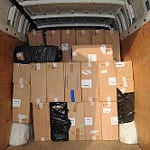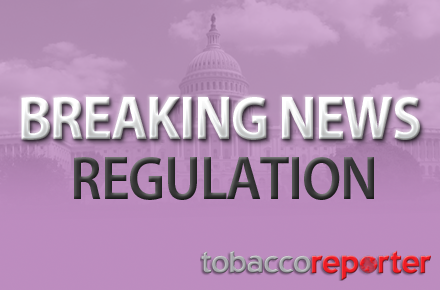The vast majority of women diagnosed with lung cancer at Taiwan’s Shin Kong Wu Ho-su Memorial Hospital between June 2007 and December 2017 were non-smokers, according to a story in The Taipei Times.
Of the 31,838 people that had computed tomography (CT) scans over the period, 267 were diagnosed with lung cancer, 83.5 percent of whom did not smoke, said the Department of General Medicine director Hsu Pei-sung.
Apart from smoking, genetics and chronic pulmonary diseases, other factors that might lead to lung cancer included indoor air pollutants, such as second-hand smoke, incense and cooking fumes, he said.
In recent years, there had been incidents of people diagnosed with lung cancer after reporting coughing for a couple of weeks, even though they exercised and ate well, he said, adding that most of them were women.
Airborne particulates – such as PM2.5, particulate matter measuring up to 2.5 micrometers in diameter – have been classified by the World Health Organization and the International Agency for Research on Cancer as a ‘Group 1’ carcinogen, and they could increase the likelihood of contracting lung cancer and respiratory diseases.
Citing research conducted by Academia Sinica, Hsu said that PM2.5 concentrations are normally 2,000 to 13,000 micrograms per cubic meter (mg/m3) of air for second-hand smoke; 1,250 to 1,750mg/m3 for cooking without using a range hood; 75 to 700mg/m3 for burning incense; and 70 to 500mg/m3 at restaurants, suggesting that PM2.5 is not solely an outdoor risk factor.






 Legislators in Taiwan on Monday gave preliminary approval to a bill that would increase the tax on a pack of cigarettes by about 170 percent, according to a story in The China Post, Taipei.
Legislators in Taiwan on Monday gave preliminary approval to a bill that would increase the tax on a pack of cigarettes by about 170 percent, according to a story in The China Post, Taipei.